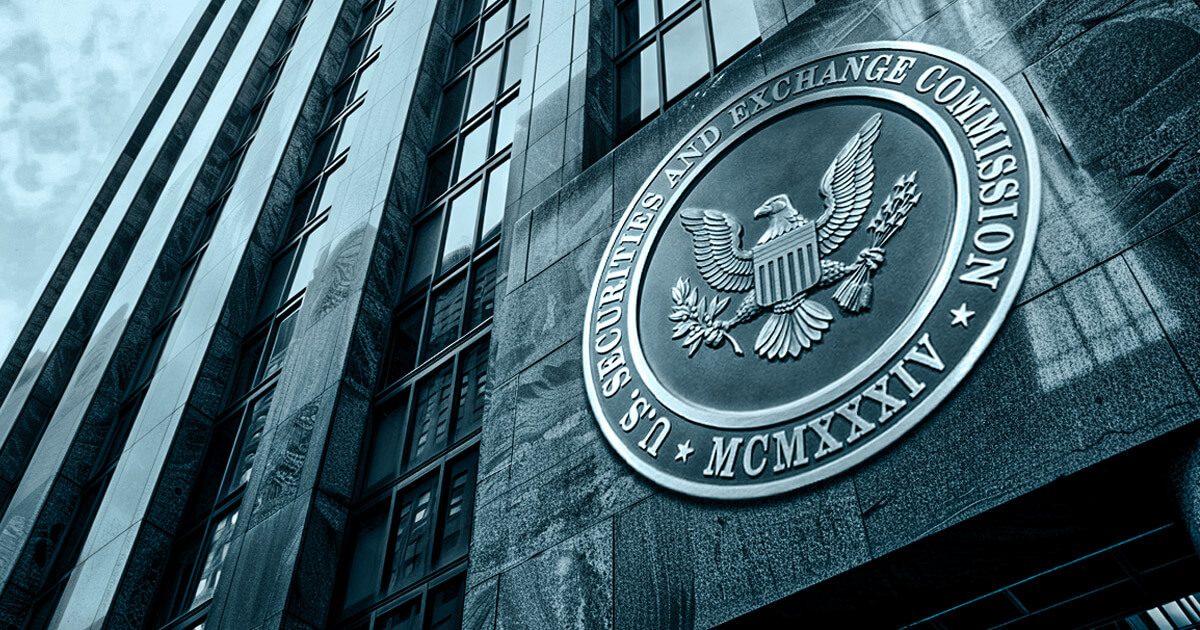
Kraken has refuted the Securities and Exchange Commission’s (SEC) claims that its platform listed securities, pointing out that the financial regulator’s arguments attempt to restructure the US financial system beyond its regulatory scope, according to a May 9 court filing.
Investment contract
Kraken stated that the SEC could not pinpoint tradable investment contracts on its platform. Instead, the Gary Gensler-led commission was using terms like investment “concept” and “ecosystem” as substitutes for “investment contract” and “enterprise.”
Kraken lawyers wrote:
“Kraken does not trade, broker, or settle ‘concepts’ or ‘ecosystems.’ The SEC never plainly alleges that what actually is traded, brokered, and settled on Kraken is itself an investment contract. This failure spotlights the fundamental problem with the SEC’s case.”
The crypto-trading platform continued that the digital assets on its platform are not securities, adding that the SEC’s “argument could transform the sale of any digital asset (or any commodity) into an investment contract whenever the agency wishes it so—simply by claiming there is promotion of some surrounding ‘ecosystem.’”
Furthermore, Kraken argued that the SEC’s action could result in a “significant reordering of the US’s financial regulatory structure” and should be “debated in Congress, not in the courts.”
It added:
“The SEC’s assertion that it can regulate all ‘investment concepts’ and ‘ecosystems’ is the type of agency power grab that the Supreme Court has held runs afoul of the major questions doctrine.”
Securities battle
Kraken’s case is among the several lawsuits in which the SEC is currently embroiled, all revolving around the definition of securities.
The financial regulator has consistently argued that several digital assets meet the definition of securities under the Howey Test.
In a filing, the SEC lawyers contended that “crypto assets are not the first technological innovation to interest securities markets,” citing a recent Court rejection of Coinbase’s argument about how its operations did not violate federal securities law as evidence that the sectors “fall comfortably within the framework that courts have used to identify securities for nearly eighty years.”
